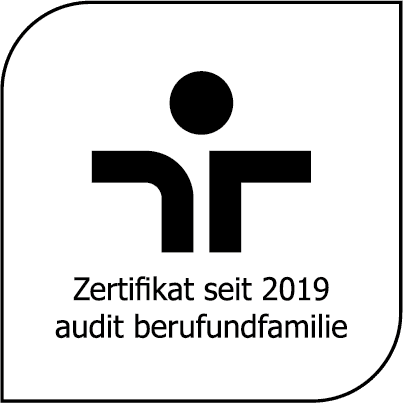Test instruments sorted
Contact person for the Open Test Archive
Gülay Karadere (Dipl.-Psych.)
Research Associate
guek@leibniz-psychology.org
SWOP-K9
Fragebogen zu Selbstwirksamkeit-Optimismus-Pessimismus Kurzform
Short abstract
The SWOP-K9 measures with nine items the constructs (1) self-efficacy (k = 5), (2) optimism (k = 2) and (3) pessimism (k = 2). It was developed from a modified and shortened summary of two questionnaires: the self-efficacy questionnaire (Jerusalem & Schwarzer, 1981) and the optimism questionnaire (Scheier & Carver, 1985). Reliability: The reliability of the procedure was investigated for both the 18-item version and the shortened version with nine items. Validity: The three scales are valid in terms of content and logic. SWOP-K9 correlates with different procedures (questionnaire for recording self-efficacy: high positive correlations with self-esteem and negative correlations with general helplessness, with shyness and sometimes also with performance anxiety; optimism questionnaire: r = .34 with internal-external control and of r = .48 with self-esteem). Similar positive correlations between self-esteem and optimism are also suggested by the scale intercorrelations. The comparison of different patient groups resulted in similar scale values for the different groups. Only the patients with psychosomatic complaints tended to have lower values on the self-esteem and optimism scales and higher values on the pessimism scale than the groups of diabetes, skin, back and LTX patients. The values on the 18-item and 9-item scales correlate mainly in the medium to high range.
Leibniz Institute for Psychology (ZPID). (2019). Open Test Archive: SWOP-K9. Fragebogen zu Selbstwirksamkeit-Optimismus-Pessimismus Kurzform. Available at: https://www.testarchiv.eu/en/test/9003958
Citation
Scholler, G., Fliege, H. & Klapp, B.F. (1999). SWOP-K9. Fragebogen zu Selbstwirksamkeit-Optimismus-Pessimismus Kurzform [Verfahrensdokumentation, Fragebogen, Auswertungshinweise]. In Leibniz-Institut für Psychologie (ZPID) (Hrsg.), Open Test Archive. Trier: ZPID.
https://doi.org/10.23668/psycharchives.6595
Short information
Short Name SWOP-K9
English Name Questionnaire for Self-Efficacy, Optimism, and Pessimism
Authors Scholler, G., Fliege, H., Klapp, B.F.
Published in Test archive 1999
Copyright/Licence Copyright Autoren; CC-BY-NC-ND 3.0
Language versions deu
Construct Self-efficacy (Jerusalem & Schwarzer, 1981)
Application age Adults
Item number 9 items
Subscales (1) self-efficacy, (2) optimism, (3) pessimism
Application Time max. 5 min.
Interpretation time A few minutes.
Internal consistency: Cronbach's Alpha = .53-.91.
Findings on construct validity, group differences.
None; Reference data: Means and standard deviations.
Applications Differential diagnostics, Therapy, Research
Older versions
Version 1: https://doi.org/10.23668/psycharchives.337
There is no abstract in English available. Short information about the measure can be found under Overview. More can be found on the German pages.
There is no review in English available. Short information about the measure can be found under Overview. More can be found on the German pages.
First published in
Scholler, G., Fliege, H. & Klapp, B.F. (1999). Fragebogen zu Selbstwirksamkeit, Optimismus und Pessimismus. Restrukturierung, Itemselektion und Validierung eines Instruments an Untersuchungen klinischer Stichproben. Psychotherapie, Psychosomatik, Medizinische Psychologie, 49 (8), 275-283.
Downloads
- Questionnaire SWOP-K9 (German) [DOCX]
- Evaluation instructions SWOP-K9 (German) [DOCX]
- Fliege, H. (2006). Psychologische Diagnostik in der integrierten Psychosomatik und Psychotherapie - Entwicklung psychometrischer Verfahren und Untersuchungen an ausgewählten Krankheitsbildern mit Vertiefung bei autodestruktiven Syndromen. Digitale Habilitationsschrift, Medizinische Fakultät der Charité, Universitätsmedizin Berlin. [HTML](Status: 5.2.2009)
- Test description SWOP-K9 (German) [PDF]
Feedback form
Feedback on the use of a procedure from the Open Test Archive of the Leibniz Institute for Psychology (ZPID) to the test author(s)
Contact information
PD Dr. Herbert Fliege, Psychosoziale Beratungsstelle, Gesundheitsdienst, Auswärtiges Amt, Werderscher Markt 1, D-10117 Berlin

 Learn more about us!
Learn more about us! 
